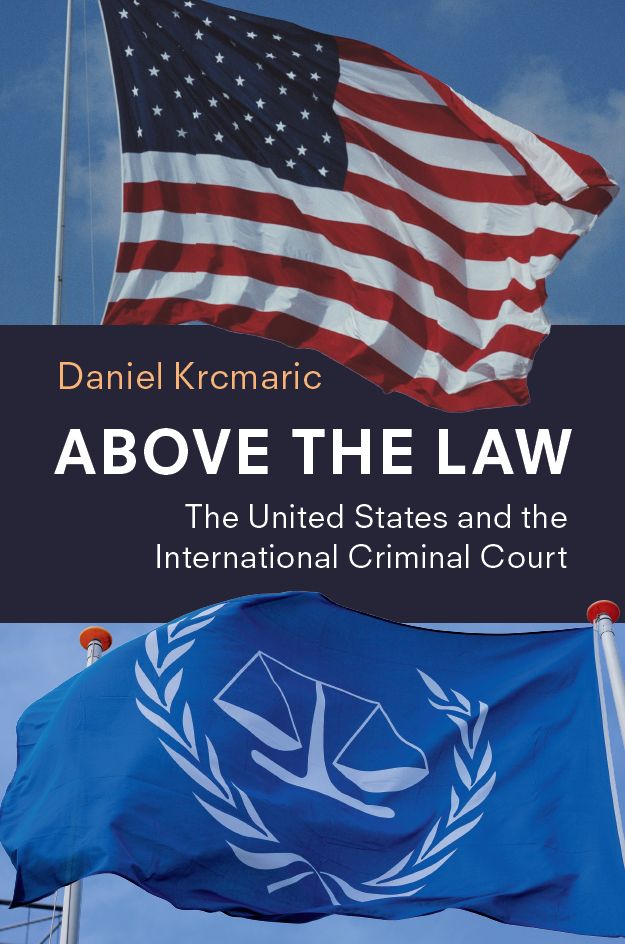Political Science Department at Northwestern University
@polisciatnu.bsky.social
1.2K followers
320 following
110 posts
Official account of Northwestern University's Political Science Department. https://lnk.bio/polisciatnu
Posts
Media
Videos
Starter Packs
Reposted by Political Science Department at Northwestern University
Reposted by Political Science Department at Northwestern University
Reposted by Political Science Department at Northwestern University
Reposted by Political Science Department at Northwestern University
Reposted by Political Science Department at Northwestern University
Reposted by Political Science Department at Northwestern University
APSA
@apsa.bsky.social
· Aug 27

Meet Amanda Sahar d’Urso, 2025 Advancing Research Grants for Early Career Scholars Recipient
Project Title: Middle Eastern and North African (MENA) American Identity in the United States Amanda Sahar d’Urso, Georgetown University Dr. Amanda Sahar d’Urso is an assistant professor of government at Georgetown University. Her research details how Middle Easterners and North Africans (MENA) have been racialized throughout the 20th and 21st century. Her work is published in Perspectives on Politics, …
politicalsciencenow.com
Reposted by Political Science Department at Northwestern University
Reposted by Political Science Department at Northwestern University
Reposted by Political Science Department at Northwestern University



















